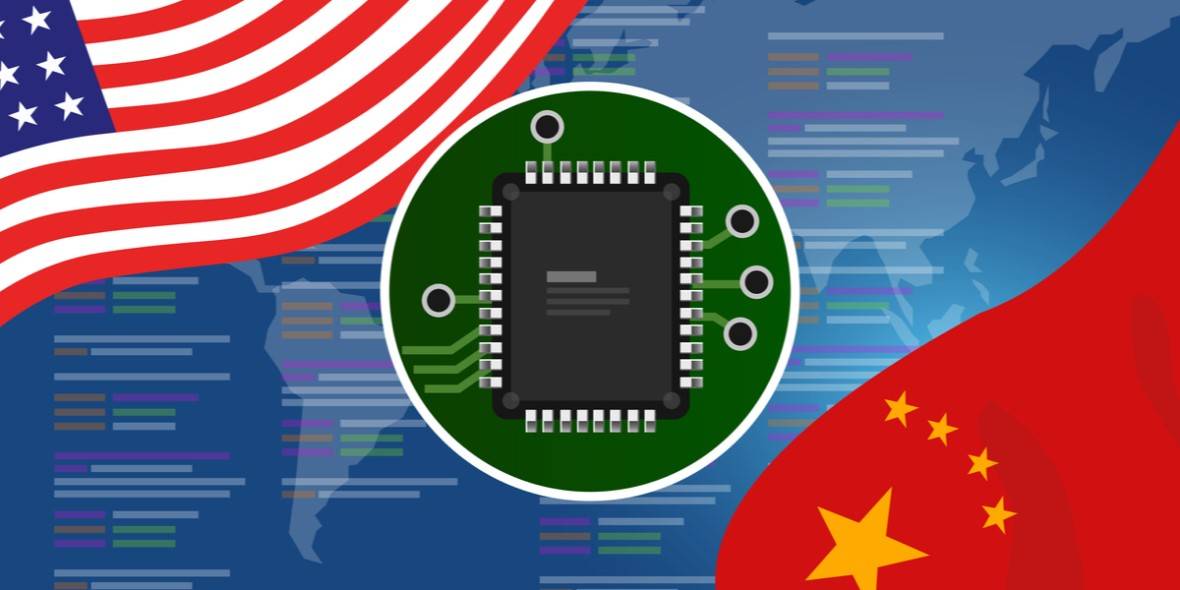AMD May Have Failed To Dumb Down Its Chips Enough To Allow China Sales

AMD reportedly failed at an attempt to dumb down its AI chips to a level at which Washington DC is happy for them to be exported to China.
A Tuesday Bloomberg report quotes folks familiar with the matter as saying AMD cooked up an AI chip that falls well short of its most sophisticated silicon in hope that it would fall beneath the threshold at which US authorities would not allow exports to China without first granting a licence.
Dumbing down chips so their performance limbos under the get-a-licence bar is a common tactic among chipmakers. While most are happy to comply with US sanctions they also have a duty to sell as much stuff as possible so that shareholders thrive. China is a colossal market – we know it has at least five million datacenter racks in production with more coming online all the time – and this week the local market probably expanded, as Beijing outlined a plan to make AI a centerpiece of its economic development strategy.
Creating products for China is, therefore, just good business.
Bloomberg's report suggests AMD believed its made-for-China product was compliant with US export restrictions, but the Department of Commerce – which issues export licences – disagreed. That means the Department felt the products the x86 challenger created had the potential to help Beijing and Moscow advance their respective militaries.
Whatever AMD cooked up – we're guessing it was a muted version of its MI200 or MI300 accelerators – the product won't reach China anytime soon. Nvidia has created similar products, and has found it best to move slowly as it sends them to the East.
That slow effort means AMD won't be hurting and lonely: Nvidia recently revealed that sales in China fell to "a mid-single digit percentage of datacenter revenue" as it tries to bring its own dumbed-down silicon to market in the Middle Kingdom.
We sought comment from AMD and were told the company cannot comment on the matter.
- HDMI Forum 'blocks AMD open sourcing its 2.1 drivers'
- Nvidia talks up local AI with RTX 500, 1000 Ada mobile GPUs
- AMD bagged more market share in server, desktop, mobile at end of 2023
- AMD crams five compute architectures onto a single board
Chinese tech companies, meanwhile, appear resigned to the fact they'll struggle to get the world's best GPUs again. Local web giant and AI purveyor Baidu last week told investors it has a stockpile of GPUs to last it a year or two, but is already working to build a superior software stack it believes will ensure it can match any rival's AI experience.
Interestingly, Baidu benchmarked that ambition with a comparison to global cloud operators, rather than its local rivals.
The wild card is China's own chip development champs, which are thought to be a handful of years behind the likes of AMD and Intel for general-purpose processors but have created more-than-decent GPUs that can run common AI software like Nvidia's CUDA.
That Chinese GPU-makers even bother with CUDA compatibility highlights the complexity of the AI development stack: even if Beijing's silicon-slingers catch up on kit, local developers need tools to make it sing, and the US and its partners could make that harder to use offshore. ®
From Chip War To Cloud War: The Next Frontier In Global Tech Competition
The global chip war, characterized by intense competition among nations and corporations for supremacy in semiconductor ... Read more
The High Stakes Of Tech Regulation: Security Risks And Market Dynamics
The influence of tech giants in the global economy continues to grow, raising crucial questions about how to balance sec... Read more
The Tyranny Of Instagram Interiors: Why It's Time To Break Free From Algorithm-Driven Aesthetics
Instagram has become a dominant force in shaping interior design trends, offering a seemingly endless stream of inspirat... Read more
The Data Crunch In AI: Strategies For Sustainability
Exploring solutions to the imminent exhaustion of internet data for AI training.As the artificial intelligence (AI) indu... Read more
Google Abandons Four-Year Effort To Remove Cookies From Chrome Browser
After four years of dedicated effort, Google has decided to abandon its plan to remove third-party cookies from its Chro... Read more
LinkedIn Embraces AI And Gamification To Drive User Engagement And Revenue
In an effort to tackle slowing revenue growth and enhance user engagement, LinkedIn is turning to artificial intelligenc... Read more

